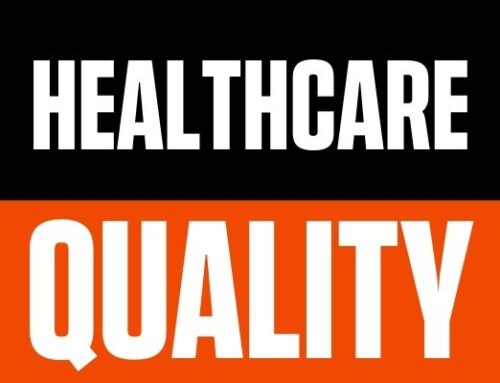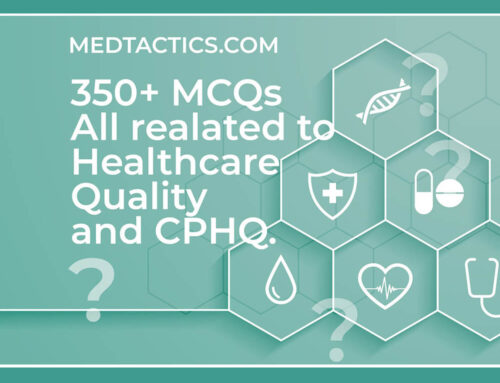CORRECT ANSWER IS D.
- A legal advisor is not commonly an assigned member of a quality council.
- The quality department may provide input to a quality council, but not necessarily committed to direction.
- A strategic planning committee is not commonly a component of a quality council.
- Leadership involvement promotes an effective quality council through resource and support allocation to achieve objectives. Effective leaders are thoroughly knowledgeable about the work being done and understand the environment and complexities with which their workers must contend.
Leaders create the opportunity for workers to suggest improvements and act quickly to make needed changes in production process.
Leaders are concerned with success as much as with failure and focus not only on understanding substandard, but also super-standard performance.
The effective leader also creates opportunities for below and above average performers to interact and identify venues for improvement. The quality council is typically charged with the responsibility for designing the overall strategy for quality planning, control and improvement.
Senior leadership involvement is a must since QI activities are as important as other management tasks (e.g., budgeting, HR management, purchasing and training), and leaders can integrate QI into every aspects of system operations.
FAQs
Q: What is a quality council in the context of healthcare quality?
A: A quality council is a formalized group within a healthcare organization that leads the quality improvement process. This council typically includes healthcare quality professional who first develops the improvement plans and monitors their progress, reviewing quality measures and patient satisfaction levels.
Q: What does it mean that the following represents an essential element to an effective quality council?
A: This phrase means that the particular element being referred to is necessary for a quality council to function effectively and implement improvements in healthcare quality. This element might pertain to the structure, function, or process of the quality council.
Q: What is one essential element to an effective quality council?
A: One essential element to an effective quality council is a dedicated quality improvement team. This team carries out the improvement process using a structured approach, tackling tasks such as analyzing performance data, proposing and implementing improvements, and evaluating their impact on patient satisfaction and other quality measures.
Q: How does a healthcare quality professional contribute to an effective quality council?
A: A healthcare quality professional should first understand the goals of the council and the particular improvement process that the council is implementing. They then use their expertise to help design, execute, and evaluate quality improvement initiatives, contributing to the effectiveness of the quality council.
Q: What are some typical responsibilities of a quality council in healthcare?
A: A quality council typically oversees the quality improvement process and often makes decisions regarding access to physician quality files. They may also appoint which of the following initiatives would be prioritized based on its impact on quality measures and patient satisfaction. The council also ensures that quality improvement initiatives align with the overall goals and strategies of the healthcare organization.
Q: Why is patient satisfaction an essential element to an effective quality council?
A: Patient satisfaction is an essential element because it is often used as an indicator of healthcare quality. A quality council should strive to improve patient satisfaction by implementing initiatives that address patient concerns. The council has created a pathway to improve patient satisfaction that has direct effects on quality measures.
Q: How the agency for healthcare research contributes to the work of an effective quality council?
A: The Agency for Healthcare Research provides essential data and research about healthcare quality and outcomes that can be used by the quality council. The information and resources provided by the Agency can inform the council’s decisions, helping them to implement more effective quality improvement initiatives.
Q: How does the quality improvement team fit into the structure of the quality council?
A: The quality improvement team is often a part of the quality council. This team carries out the tasks associated with the improvement process, such as analyzing quality data, designing and implementing changes, and assessing their impact. The team’s work is overseen by the council, which guides their initiatives and provides strategic direction.
Q: How the quality council can enhance patient access to physician quality files?
A: The quality council can enhance patient access to physician quality files by creating policies and processes that support transparency and patient involvement in healthcare decisions. This might involve making physician performance metrics available to patients or creating a system for patients to provide feedback on their experiences.
Q: What part does appointing essential roles play in creating an effective quality council?
A: Appointing essential roles ensures that all necessary tasks for quality improvement are assigned and overseen. This might include assigning healthcare quality professionals to develop and monitor quality improvement plans, forming a dedicated improvement team to carry out these plans, and creating roles responsible for reviewing quality measures and patient satisfaction. These roles contribute to the effectiveness of the quality council by ensuring all essential elements for quality improvement are addressed.




Leave A Comment